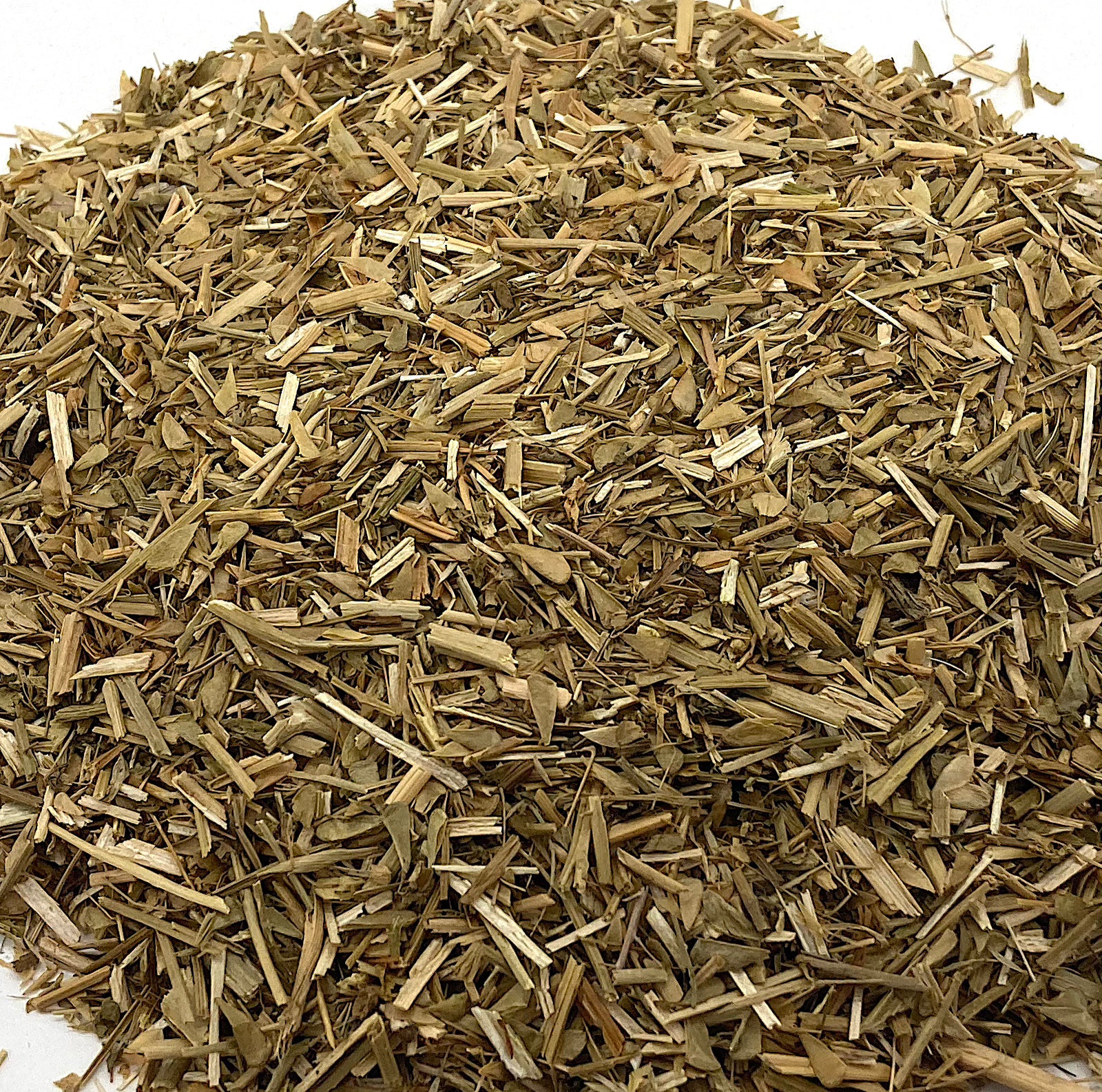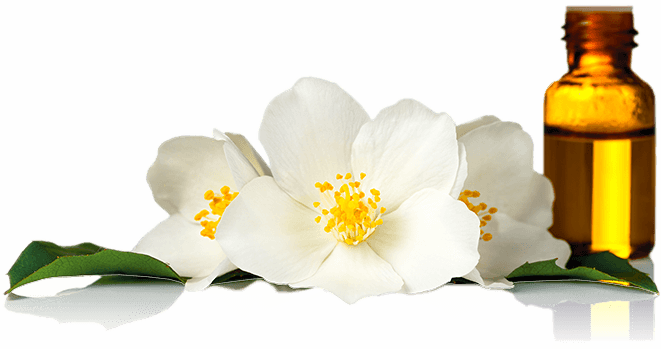Description
BULGARIA. Shepherd's Purse (Capsella bursa pastoris), Cut and Sifted
Family: Brassicaceae
Common names: Mother’s Heart, Scrip, Ji Cai, Blind Weed, Cocowort, Permacety, Pepper and Salt, Peppergrass, Pick Pocket, St. James Weed, Casewort, Torighash, Shovelweed, Rattle Pouches, St. Anthony’s Fire, Pickrocker, Boursette, Toywort, Rattle Pouches, Naengi, Lady’s Purse, Witches’ Purse, Nazuna, Yu Xing Cao
Shepherd’s Purse is a small annual plant, growing up to around 18 inches high, that originated in eastern Europe and Western Asia and has become widespread in temperate climates throughout much of the world, including North America. It grows mainly in disturbed areas, fields, and roadsides, and is said to be the second-most prolific wild plant. Its seed attract and kill nematodes, which then enrich the nearby soil. It is commonly eaten as a food in Asia and historically by Native Americans, and has been added to animal feeds and cosmetics.
In traditional medicine it has long been considered an important remedy for bleeding from the stomach, lungs, kidneys, and particularly the uterus. Indigenous North American tribes valued it for stomach pains, dysentery, internal worms, and topically for poison ivy rashes. According to Culpeper, “…few plants possess greater virtues than this, and yet it is utterly disregarded.” In addition to applications related to bleeding, it has been used for PMS, heart failure, diarrhea, and low blood pressure.
Shepherds’ Purse contains antioxidants including fumaric acid and sulforaphane, as well as anti-inflammatory phenols and flavonoids.
Shepherd’s Purse is best avoided during pregnancy.
*These statements have not been evaluated by the FDA. These products are not intended to diagnose, treat, cure or prevent any disease.








